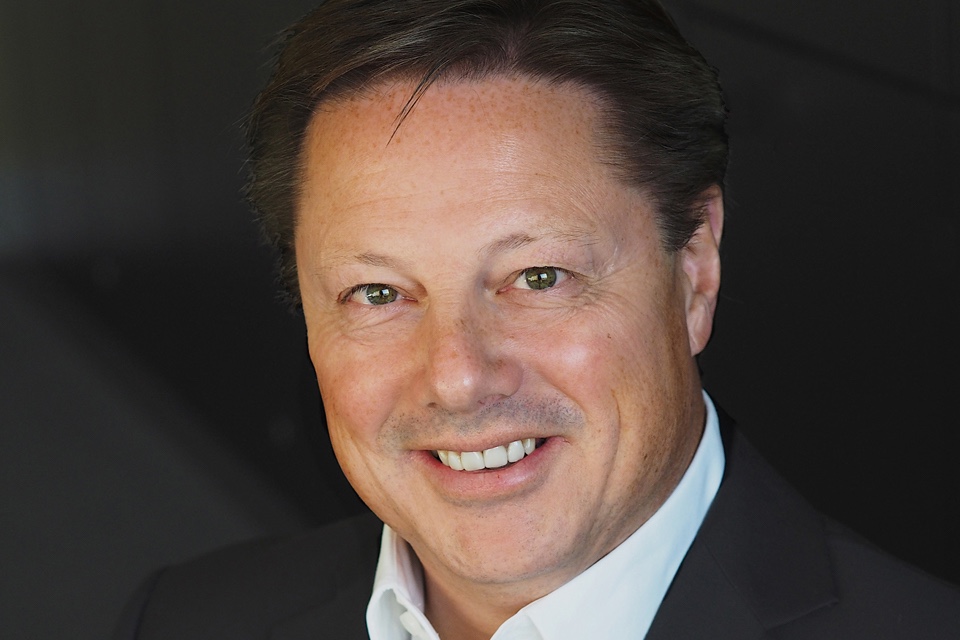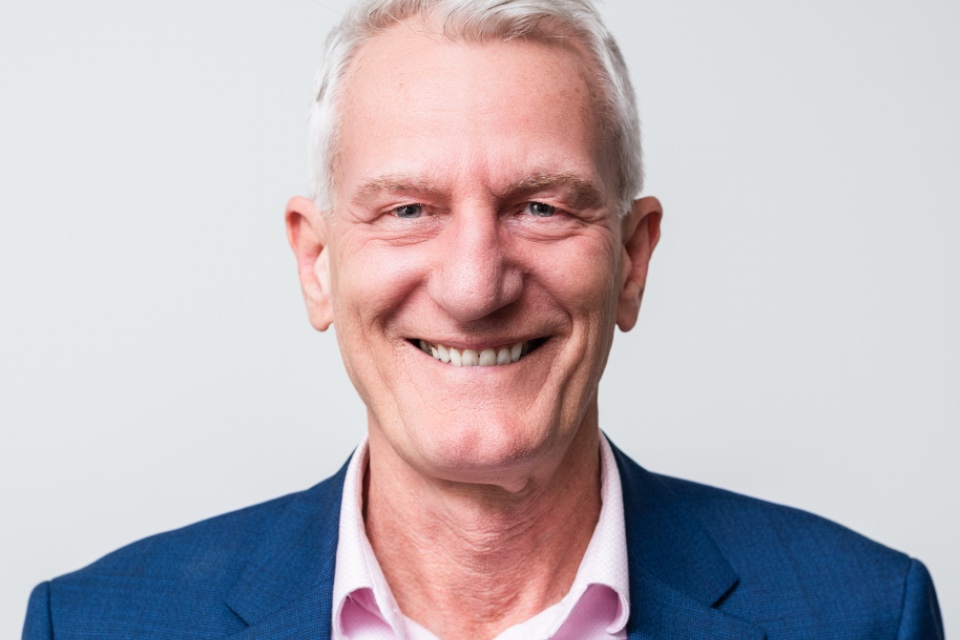In the latest instalment of our contact centre industry executive interview series, we spoke to Jabra EMEA North‘s Managing Director Nigel Dunn (pictured) about the company, the ongoing challenges the sector faces as a result of COVID-19, market opportunities and the impact of new technology…
Tell us about your company, products and services.
Jabra is a leader in intelligent solutions that are engineered for purpose.
We design professional headsets, speakerphones and video collaboration solutions to help businesses reach their full potential.
Jabra is part of the Danish-owned GN Group. GN is the only company with intelligent audio expertise across professional, consumer and medical-grade solutions utilising a shared R&D facility.
Jabra specifically gives contact centres a powerful way to satisfy more customers. Jabra headsets are designed to fit the unique needs of all types of contact centres and customer service departments.
What have been the biggest challenges the Contact Centre/Customer Services industry has faced over the past 12 months?
It goes without saying that the biggest challenge faced by the Industry this year has been Covid-19.
The pandemic forced agents to move to home working and the challenges that entails, such as increased noise levels, constant distractions, lack of suitable remote working technology and possibly, remote supervision for the first time in their careers.
Early on in lockdown Contact Centres had to try to balance maintaining customer service levels with setting up new operational models adapted for the pandemic. Jabra personally saw that technology being sourced, configured and rolled out as part of digital transformation projects took days rather than the months it would have taken historically.
Contact centres also had to cope with significant changes in demand for their services or products as life changed during the first wave of the pandemic. Previously seen peaks and troughs patterns of inbound comms disappeared or dramatically reduced as consumer buying habits and lifestyles changed. This made workforce planning challenging at the start of the pandemic and had an impact in call resolution and customer satisfaction initially.
And what have been the biggest opportunities?
Home working models have created a variety of opportunities for both the Contact Centre and their agents. Agents have been able to gain more work-life balance without the commute into a location, as well as increased morale and job satisfaction in being able to help people in need. Contact centres have experienced a decrease in attrition, as more agents stayed in their roles. The challenge of needing to quickly accelerate digitalisation to enable home-working provided benefits in changing recruitment processes and staffing models to hire people with a wider skillset than the previous office-based position would have attracted. This brought a much deeper and more diverse level of experience into contact centres.
In addition, many contact centres have been able to build positive brand recognition and loyalty by maintaining good service levels and effective communication during lockdown, which improved customer satisfaction and ultimately led to new business acquisition and greater retention.
What is the biggest priority for the Contact Centre/Customer Services industry in 2020?
The main priority for contact centres for the rest of 2020 is adapting to the new way of working. Home working was viewed as a short-term solution to keep staff safe. However, with the pandemic still greatly affecting the country, contact centres are having to lean into the idea of a longer-term remote workforce and find new ways to ensure that staff are engaged, motivated and productive.
There will be an increasing demand for technology which supports remote working and hybrid models. After the initial rush for equipment to support getting the workforce home and safe, contact centres will now be looking for longer-term software and hardware IT solutions to enable on-going agent performance, customer service and satisfaction and that also support their ongoing digital transformation programme.
What are the main trends you are expecting to see in the market in 2020/2021?
Contact centres will continue to handle increased demand from their customers during the remainder of this year and the next via all of their channels. New technology will help the industry manage this demand and handle it more efficiently. Investment in AI, automation and analytics will help route calls to the relevant advisors, reduce call duration and provide invaluable customer and agent insights, to turn the department from a cost centre into a strategic resource and insights generator.
What technology is going to have the biggest impact on the market this year?
Technology that enables advisors to deliver exceptional service regardless of their location have the biggest influence. Noise and sentiment analytics will provide visibility of performance to help the agent and their supervisor gauge the quality of the call and its impact on the end-user. Noise analytics can increasingly be found within the newest digital headsets, making this intelligence cost-effective and easily accessible.
In 2025 we’ll all be talking about…?
The contact centre as an experience hub that sits at the centre of the organisation, providing valuable insights to other departments such as marketing, sales and management, whilst continuing to deliver a best-in-class service to its customers.
Which person in, or associated with, the Contact Centre/Customer Services industry would you most like to meet?
A Customer Experience Manager – someone who looks holistically at inbound enquiries and measures the quality of the interaction to ensure the entire customer journey was a positive experience. These people offer such rich, valuable insights into the nature of the customer, perception of the brand and possible future product or service developments, that they are integral to any forward-thinking organisation.
What’s the most surprising thing you’ve learnt about the Contact Centre/Customer Services sector?
I’m always most surprised by the diversity that you see in contact centres. There’s a tendency to think contact centre staff are predominately made up of young people just starting out in their careers. However you get all types and ages of people working in contact centres from parents looking for a few hours in-between school runs to older more experienced people who want to take a different role in their career before retirement. It’s this diversification of employees that fuses great life-experience and empathy together with enthusiasm and energy to make a really great contact centre that caters for all types of customer.
You go to the bar at the Contact Centre Summit – what’s your tipple of choice?
Always a gin and tonic – preferably Monkey 47 and a nice tonic.
What’s the most exciting thing about your job?
Every day is different – challenges come from all angles. This year it has been triggered by COVID-19 and consequently sales have reflected the unprecedented demand for headsets and video solutions. Successfully delivering devices and supporting new technology roll-outs that allow our customers to be more productive and efficient is one of the most satisfying parts of my job.
And what’s the most challenging?
Managing expectations. Pre-Covid that wasn’t really a problem. Now it is. The key is to over-communicate and be as transparent and as honest as you can. No one appreciates setting false expectations.
What’s the best piece of advice you’ve ever been given?
If a customer is angry, let them explain their issues and always listen properly, so you can understand their position. Your first response must never challenge how they perceive the situation, as this is their reality. Empathy is always the starting point and this will help you to understand the impact the situation has had on them and their business. From there you can take the necessary steps to resolve the problem and hopefully maintain their loyalty in the future.
Succession or Stranger Things?
Neither. I’m really into Unbelievable at the moment, but the subject matter is a little heavy compared to those! For something more light-hearted I also watch Space Force.






